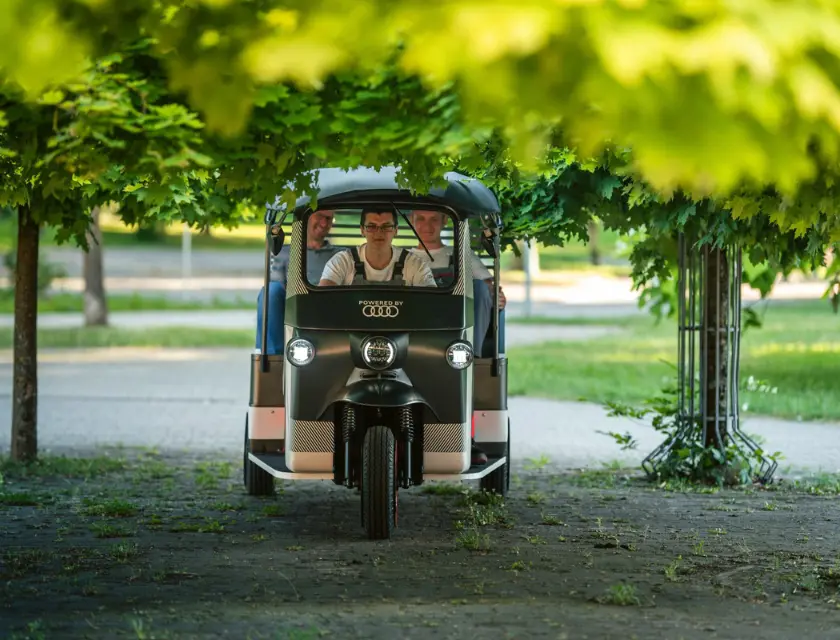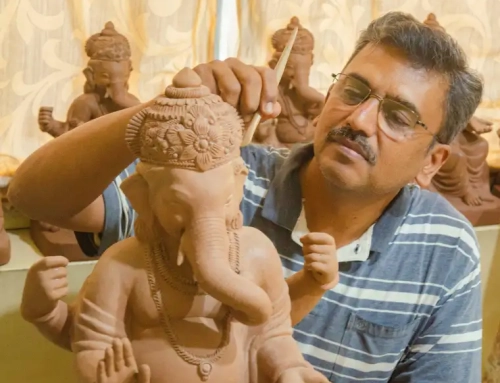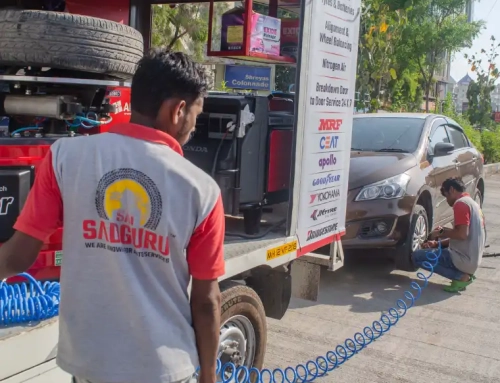To give e-tron batteries a second life, Audi and an Indian start-up Nunam have developed three prototypes of e-rickshaws! Here are the details…
Bangalore-based startup Nunam is developing three all-electric rickshaws in collaboration with the training team at Audi’s Neckarsulm site. This project is funded by the Audi Environmental Foundation, and is also the first joint project between them and Audi AG. The aim of the project is to explore how modules made with high-voltage batteries can be reused after their car life cycle and become a viable second-life use case.
These e-rickshaws have been built for Indian roads, and will be offered as part of a pilot project in 2023 to a certain non-profit organization. Women will be able to use them to transport goods to the market for sale. When used appropriately, second-life batteries can have a huge impact, helping people in challenging life situations earn an income and gain economic independence – everything in a sustainable way.
The e-rickshaws charge using power from solar charging stations. The solar panels are located on the roofs of the local partner’s premises. During the day, sunlight charges an e-tron battery, which acts as a buffer storage unit. And in the evening, the power is passed on to the rickshaws. This approach makes local driving largely carbon-free. The upshot: The electric rickshaws can be used throughout the day – and still be charged with green power during the evening and night. In India, where the sun shines all year round, placing solar panels on the roof is a no-brainer. Nunam says the e-rickshaws can be charged at solar power charging stations, via solar panels placed on the roof of a local partner’s premises with whom they have tied up.
That’s not all — once these batteries have spent their second life, they can also be used for stationary applications such as LED lighting!




